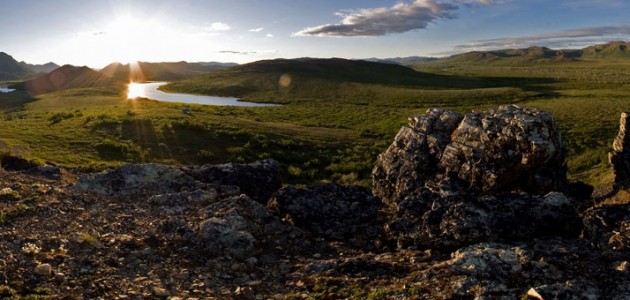This post-doctoral fellowship seeks to support early-career scientists to conduct and communicate world-class research that informs conservation and management issues relevant to Canada. For instance, post-doctoral scholars are encouraged to confront emerging management challenges that are time sensitive or tackle ‘wicked’ conservation problems with novel analyses, perspectives, and collaborations. Conservation science includes natural, social, and interdisciplinary research pursuits.
The Liber Ero Fellowship program aims to:
- Facilitate applied conservation research collaborations that links institutions, researchers, and conservation practitioners.
- Provide support and unique training opportunities for emerging conservation leaders at a critical stage in their careers.
- Increase the capacity of the Canadian scientific community to address pressing conservation and management issues.
This program is supported by Canadian philanthropists dedicated to the conservation of Canada’s biodiversity. Modelled after the Smith Fellows program based in the United States, the Liber Ero Fellows program was launched in 2013 and has developed into a unique Canadian program. The phrase “Liber Ero,” Latin for “I will be free,” reflects the goal of the program to foster independence and creativity and is the heraldic motto of the benefactors.
The Liber Ero Fellowship Program acknowledges that both individual acts of racism and systemic racism harm Black, Indigenous and People of Colour (BIPOC) in Canada. We commit to pushing for positive structural change, including dismantling oppression, within our program and in society at large and support efforts to make the field of conservation science more equitable, just, and inclusive.

